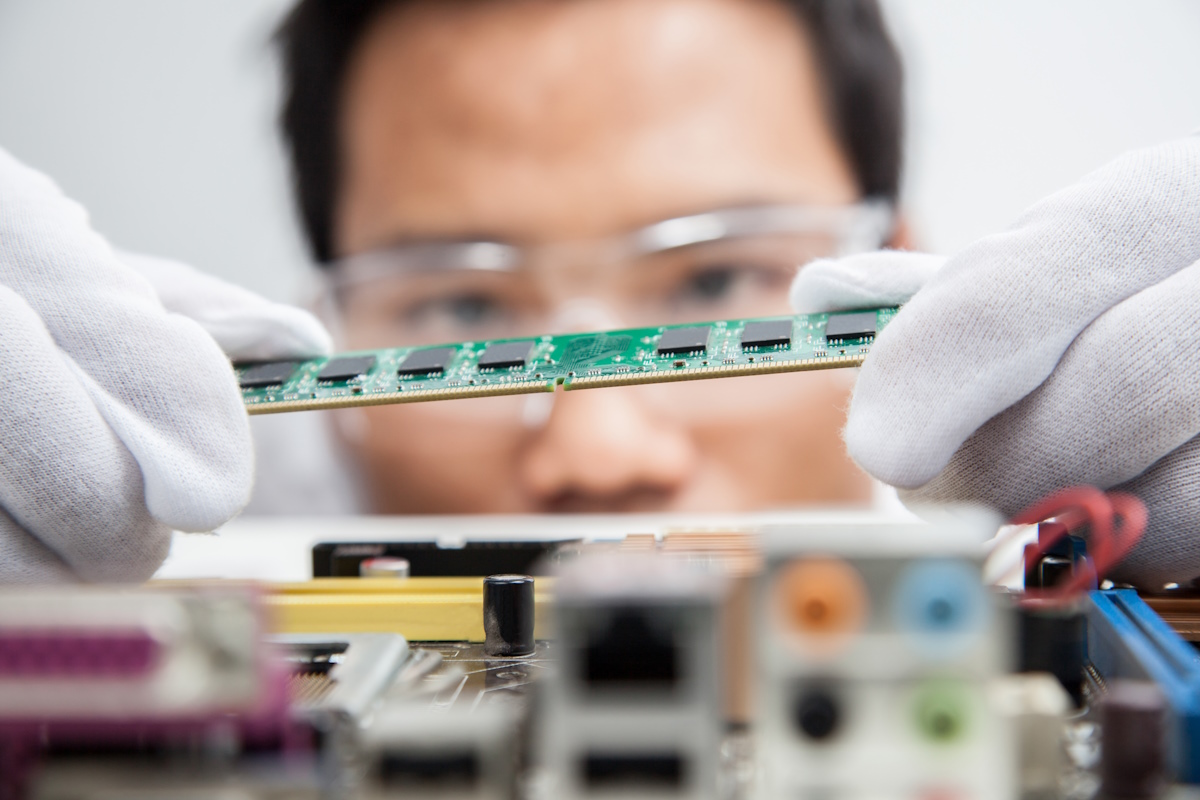In the southwestern part of Japan lies a small island called Kyushu. Also known as “Silicon Island,” Kyushu is gearing up to reboot Japan’s chip industry. Over the past years, Japan has seen massive investments from tech companies.
Taiwan’s TSMC opened a plant in Kyushu’s Kumamoto prefecture earlier this year. It is a joint venture backed by government support. Tokyo allotted $3.2 bn to the project and promised an additional $4.9 bn for a second TSMC plant that is to follow.
The world’s largest contract chip manufacturer is not the only one expanding business in Japan. According to a Reuters count, at least nine Taiwanese semiconductor companies have established or grown their presence in Japan over the past two years.
Additionally, South Korea’s Samsung and Micron from the US expanded their operations in the country, which was also backed by subsidies from the Japanese government. Mitsubishi Electric has pledged to build a power semiconductor facility in Kumamoto and plans to expand another plant. ASML, the world’s leading maker of lithography machines for the semiconductor industry, expanded a technology support centre in Japan. Furthermore, IBM and Intel are exploring further investments in Japan.
The moves by TSMC and others highlight the undergoing renaissance of Japan’s semiconductor industry.
“For regions like Kumamoto, which have long struggled with a lack of economic activity, the influx of new investment feels like a much-needed lifeline. Rising land prices and population growth in industrial areas near the TSMC construction site are a testament to the region’s newfound economic vigour,” opines C WorldWide Asset Management from Denmark.
Government support for Japan’s chip industry
Once the world’s No. 1 semiconductor industry, Japan has steadily lost ground to South Korea, Taiwan, and the US since the 1990s. But Tokyo has not given up on the sector.
Three years ago, the Japanese government unveiled a strategy positioning semiconductors as pivotal to its economic security agenda. Tokyo pledged support for domestic chip manufacturing, a research centre for advanced chips, and aimed to strengthen its partnership with the US. Since then, Tokyo has allocated about $26.7 bn for the semiconductor sector. By 2030, Japan aims to triple its sales of domestically produced semiconductors, surpassing $108 bn.
According to industry figures, in 2023, japan’s total annual semiconductor equipment sales amounted to $22.26 bn. This is the second-highest sales record in history, after the $26.05 bn recorded in 2022.
“Japan is coming back on track, driven by the global strategic need for alternative semiconductor supply chains and with major government support and subsidies,” says C WorldWide.
According to industry researcher TrendForce, the favourable exchange rate policy is aiding factory construction and investments. A recent report states, “The future looks bright for exports.”
“However, the looming shortage of semiconductor talent in Japan is a concern. In response, there are generous subsidy programs for talent development. Japan is strategically positioning itself to reclaim its former glory in the world of semiconductors,” TrendForce concludes.


 Australia
Australia China
China India
India Indonesia
Indonesia Japan
Japan Malaysia
Malaysia Philippines
Philippines Singapore
Singapore South Korea
South Korea Taiwan
Taiwan Thailand
Thailand Vietnam
Vietnam






